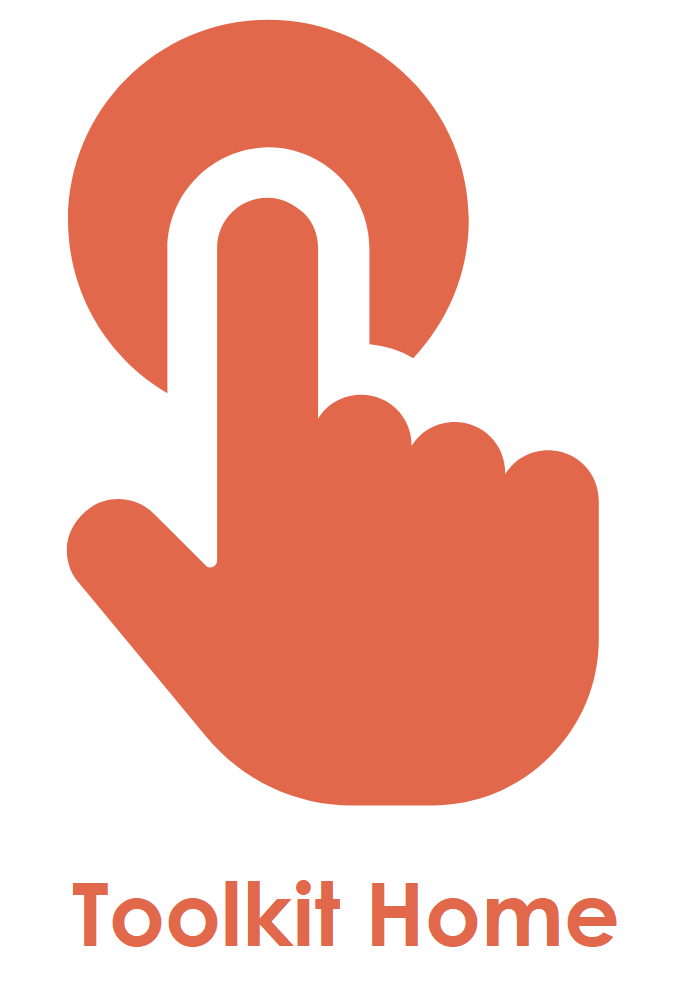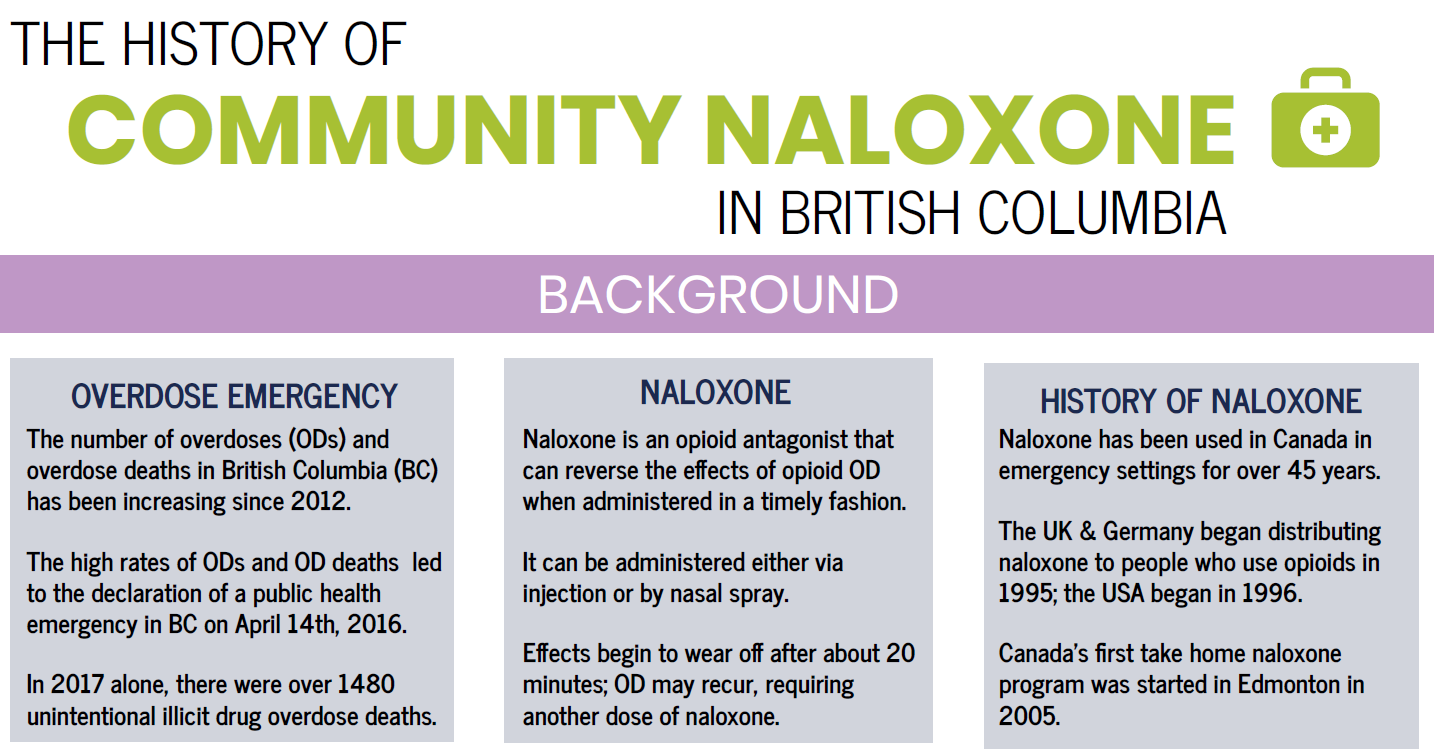Please note that The Human Rights Education Toolkit was developed in 2019 on limited funding, and prior to the changes brought by the COVID-19 pandemic. The resources and timeline of events in this kit, where listed, sit in time in BC’s harm reduction history. For ongoing harm reduction news, please see Substance Use News issues on our Substance Use and Harm Reduction page.
 The province of BC is committed to a human rights-based approach to harm reduction (see Overdose Emergency Response Centre Terms of Reference), and this toolkit focuses on human rights issues associated with discrimination against people use drugs. It draws information collected from people who use drugs compiled and reported in Project Inclusion report, national and international sources.
The province of BC is committed to a human rights-based approach to harm reduction (see Overdose Emergency Response Centre Terms of Reference), and this toolkit focuses on human rights issues associated with discrimination against people use drugs. It draws information collected from people who use drugs compiled and reported in Project Inclusion report, national and international sources.
Human Rights and Harm Reduction
Canada is not immune to clashes between human rights and health. The historic fight for Insite, North America’s first safe injection site located in Vancouver, put the safe injection site up against the Federal Government in power at the time. When Insite was facing closure because it was denied a necessary federal exemption (allowance) in order to operate, the legal process went all the way to the Supreme Court of Canada. In September 2011, The Supreme Court ruled 9-0 in favour of Insite, saying that denying people access to Insite services infringed on their rights under Section 7 of the Charter of Rights and Freedoms:
Everyone has the right to life, liberty and security of the person and the right not to be deprived thereof except in accordance with the principles of fundamental justice.
In making this ruling, the Supreme Court decision set a legal precedent placing harm reduction as a health right for people who use drugs.

Insite history and court challenges
Supreme Court of Canada decision regarding Insite
Harm Reduction Instead of Criminalization
Inspired by voices in BC, there are growing calls to position the overdose crisis as a public health issue not a criminal one.
2020 (November) Safe Supply and The Role of Community in Saving Lives and Changing Systems: A Call to Action (webinar on-demand) Community advocate Guy Felicella drew from his lived experience, knowledge and expertise, to provide a historical and deeply personal perspective of harm reduction in BC, and a way for us to make sense not only of the current challenges but also the opportunities for change that this time affords us.
2020 (July) The Canadian Association of Chiefs of Police (CACP) announced that the association is recommending that all police agencies in Canada recognize substance abuse and addiction as a public health issue to help reduce drug overdoses and is endorsing the decriminalization of personal possession of illicit drugs. Findings and recommendations report: Decriminalization for Simple Possession of Illicit Drugs: Exploring Impacts on Public Safety & Policing
2020 (March) Clinical Guidance Risk Mitigation in the Context of Dual Public Health Emergencies
This guidance aims to support individuals who may be at increased risk of overdose, withdrawal, craving, and other harms related to their substance use. As the effects of the [COVID-19] pandemic continue, the drug supply may become significantly more adulterated and toxic, based on limited importation and availability, and illicit substances may become significantly more difficult to procure. (BC Centre on Substance Use). More resources on harm reduction and COVID-19
2019 (August) Pivot Legal Society releases the position paper Practical Drug Decriminalization in British Columbia. “While the possession of illicit drugs for personal use (“simple possession”) is a criminal offence, individual provinces still have significant powers to redress some of the harms of drug prohibition.In light of the federal government’s failure to meaningfully reform drug policy, provinces like B.C.can and must take legal steps to effectively (“de facto”) decriminalize simple possession by re-directing police resources away from its criminal enforcement.”
2019 (August) The Nurses and Nurse Practitioners of British Columbia (NNPBC) and the Harm Reduction Nurses Association (HRNA) call for the decriminalization of people who use drugs in BC. “As nurses who work in B.C. and provide frontline care in the midst of this public health emergency, we see firsthand the impact of criminalization on our clients, on their families, on our practice and our communities.”
2019 (July) Vancouver Coastal Health Chief Medical Health Office Dr. Patricia Daly releases
Response to the Opioid Overdose Crisis in Vancouver Coastal Health. Among other recommendations, Dr. Daly calls for decriminalization of personal possession of illegal drugs. “It is an acknowledgement that psychoactive substances, including opioids, will continue to be used by people for a variety of reasons, and the illegal nature of these substances is the primary risk factor for overdose death” (p. 29).
 2019 (April) The Office of the Provincial Health Officer releases Stopping the Harm: Decriminalization of People Who Use Drugs in BC. In presenting the report, Provincial Health Officer Dr. Bonnie Henry cites two provincial mechanisms that could allow for de facto decriminalization of personal drug use. The first would use the Police Act to allow the minister of public safety and solicitor general to set broad provincial priorities with respect to people who use drugs (Stopping the Harm, p. 5). The second option, which also would use the Police Act, would add a provision preventing any member of a police force in BC from using resources for enforcement of simple possession offences (Stopping the Harm, p. 38).
2019 (April) The Office of the Provincial Health Officer releases Stopping the Harm: Decriminalization of People Who Use Drugs in BC. In presenting the report, Provincial Health Officer Dr. Bonnie Henry cites two provincial mechanisms that could allow for de facto decriminalization of personal drug use. The first would use the Police Act to allow the minister of public safety and solicitor general to set broad provincial priorities with respect to people who use drugs (Stopping the Harm, p. 5). The second option, which also would use the Police Act, would add a provision preventing any member of a police force in BC from using resources for enforcement of simple possession offences (Stopping the Harm, p. 38).
2017 (May) A federal law, the Good Samaritan Overdose Act is a benefit for all. It was designed to encourage people to call 911 without the fear of charge or arrest in the case of a drug overdose. It provides some legal protection against arrest in the case of simple possession of drugs, and breach of some conditions regarding simple possession of controlled substances (drugs). It does not provide legal protection against other offenses.
2016 (December): Then BC Health Minister Terry Lake enacts “a ministerial order under the Health Emergency Services Act and Health Authorities Act to support the development of overdose prevention sites,” even though these sites contravened federal drug policy. Overdose prevention sites are designated as medically necessary health services. News release: Ministerial order supports urgent overdose response action
2016 (April): Then Provincial Health Officer Dr. Perry Kendall declares a public health emergency because of the increasing number of overdoses. News release: Provincial health officer declares public health emergency
2012 – The history of community naloxone shows how this life-saving treatment has built community capacity. It has trained community members how to use naloxone, putting in the hands of the people who need it most – people who use drugs and their allies, not just healthcare providers who may be beyond reach in a crisis.

Do no harm – Health, human rights and people who use drugs
Community reports and recommendations from BC
What You Need to Know About the Good Samaritan Overdose Act
NEXT: Surveying Conditions in BC – Project Inclusion
Foundation Tools: Human Rights and Health Equity | Drug Use as a Health and Rights Issue | Surveying Conditions in BC
Tools for Action: How to Engage People with Lived Experience | Beyond Stigma-Reduction
Templates for Change | Select Handouts at a Glance

For general information on drug use and health, see our Substance Use and Harm Reduction page.
Please note that the information in this toolkit is for general information only and should not be taken or relied upon as legal advice. If you have questions about a specific case, consult a lawyer.

